Let’s be honest. If movies were crystal balls, we’d all be driving flying cars, hiding from killer robots, and possibly dating our virtual assistants by now. Hollywood’s knack for predicting our technological future is equal parts impressive, eerie, and downright hilarious. But how close are we really to the futuristic worlds of our favorite sci-fi films?
To answer this very serious (and slightly anxiety-inducing) question, I turned to my trusty trio of AI research wizards: ChatGPT Deep Research, Google Gemini Deep Research, and Grok 3 DeeperSearch. These digital sleuths trawled through hundreds of reputable sources, from expert interviews and academic papers to tech reports and endless Reddit debates, analyzing which cinematic futures are frighteningly near and which remain comfortingly distant.
So buckle up (preferably in your autonomous vehicle) and let’s see which sci-fi classics Hollywood got alarmingly close to reality—and which just ended up getting weird.
1. Minority Report (2002): Surprisingly Accurate and Slightly Creepy
Tom Cruise running from a crime he hasn’t committed yet is peak Hollywood drama, but the tech? Frighteningly on point. Autonomous cars are no longer sci-fi dreams, with companies like Waymo and Tesla rapidly bringing them onto our streets. Gesture-controlled interfaces have gone mainstream (hello, Xbox Kinect!), and predictive policing is a reality, though thankfully without psychics soaking in pools. Facial recognition cameras track us almost everywhere (London, I’m looking at you), and personalized advertising already knows your snack preferences better than your own family. It’s official: Minority Report nailed the future, minus the jetpacks. (Sorry, Tom.)
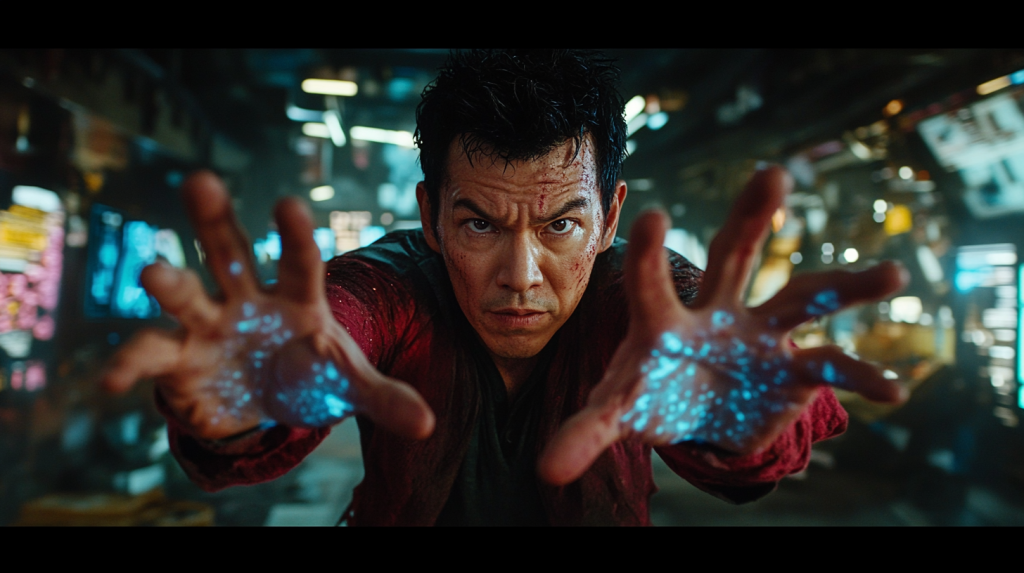
2. Her (2013): Your New AI Best Friend, Coming Soon
“Hey Siri, can you fall in love?” might sound ridiculous, but we’re dangerously close to the emotional depth of Her’s virtual assistant, Samantha. The rise of emotionally intelligent AI is staggering—just chat with ChatGPT or Alexa long enough, and things start to feel weirdly personal. Companies like Hume AI are even decoding our emotions, aiming for Samantha-level nuance within decades. Prepare yourselves for awkward conversations with your future digital therapist-slash-best friend.
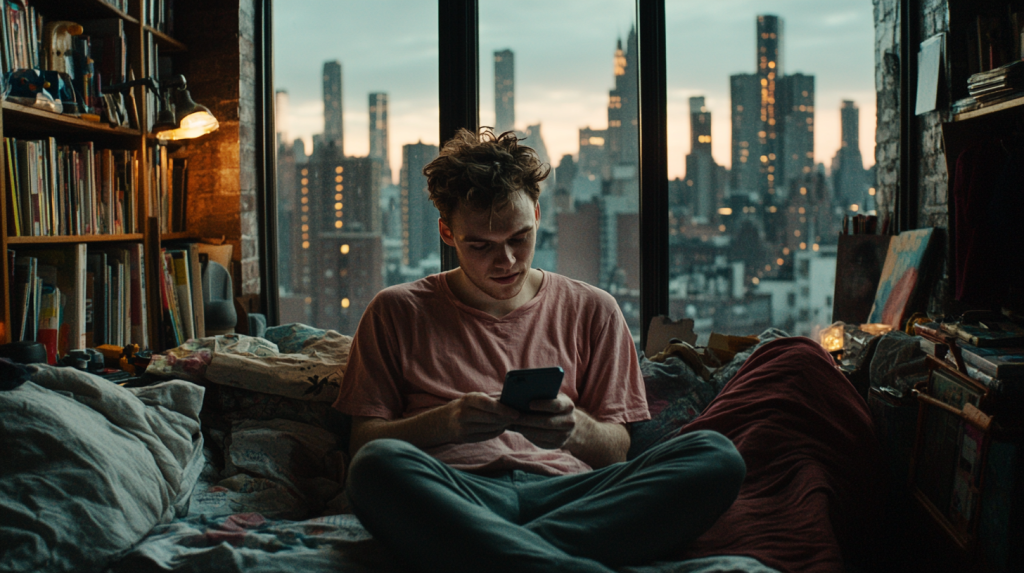
3. 2001: A Space Odyssey (1968): Partially Right, Mostly Ambitious
Stanley Kubrick’s iconic film predicted tablets, video calls, and even voice assistants decades before they were cool. While HAL 9000’s full-blown psychotic sentience thankfully remains speculative, AI systems are growing smarter every day, and missions to Mars (but not Jupiter—sorry, Dave) are firmly on NASA’s calendar for the 2030s. Artificial gravity and suspended animation? Still firmly in the “maybe someday” bucket. Until then, avoid telling Siri, “Open the pod bay doors.”
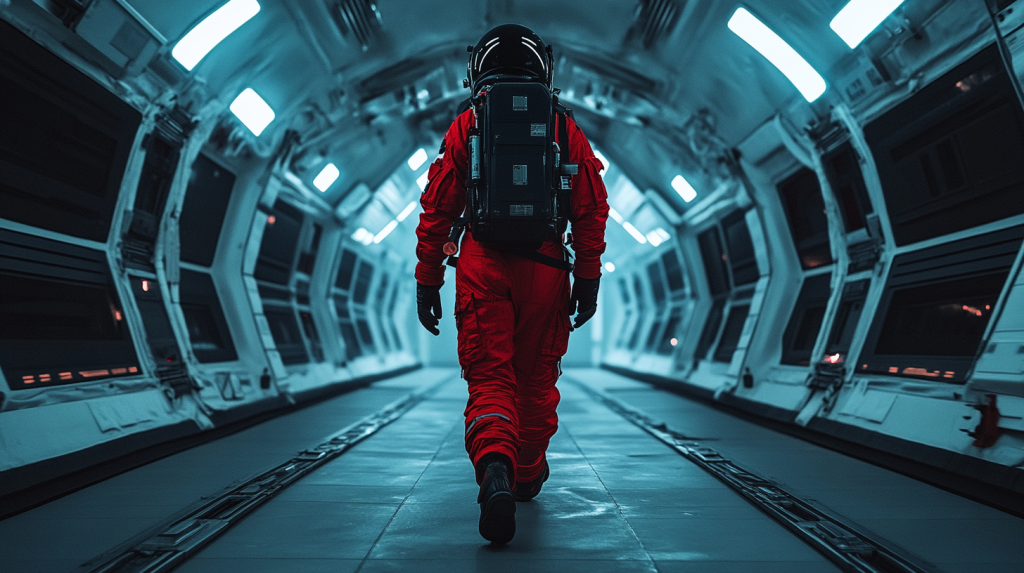
4. The Terminator (Franchise): Relax, Your Roomba Won’t Kill You Yet
Skynet taking over the world? Fortunately, still Hollywood fantasy. But autonomous drones and robotic weapons are already in military arsenals worldwide, sparking fierce debates around ethical AI. Self-aware, murderous robots are safely far off (we think), but your friendly neighborhood Roomba is watching. Always watching.
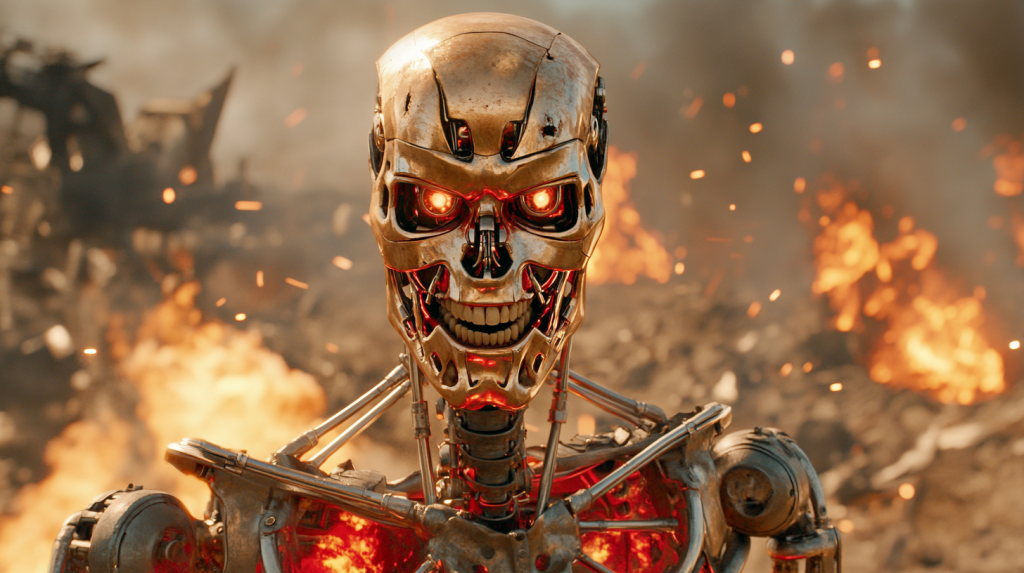
5. Blade Runner (1982): Impressive Robotics, Zero Replicants (So Far)
Ridley Scott’s replicants are beautiful, dangerous, and thankfully, still fictional. While humanoid robots from Boston Dynamics can dance and parkour better than most humans, they still clearly aren’t human. Bioengineered beings identical to humans with emotional depth? That’s a level of weirdness our technology hasn’t cracked yet. Ethical questions alone ensure replicants stay distant—at least until Elon Musk gets bored again.

6. The Matrix (1999): No, You’re Not Living in a Simulation (Probably)
Sure, virtual reality is advancing rapidly. But fully immersive worlds indistinguishable from reality? Still the stuff of dreams (or nightmares). Brain-computer interfaces like Neuralink aim to cure diseases, not trap you in a digital dystopia. Thankfully, “Red Pill or Blue Pill?” remains a metaphor and not an actual existential choice at your breakfast table. For now, reality is still real—promise.
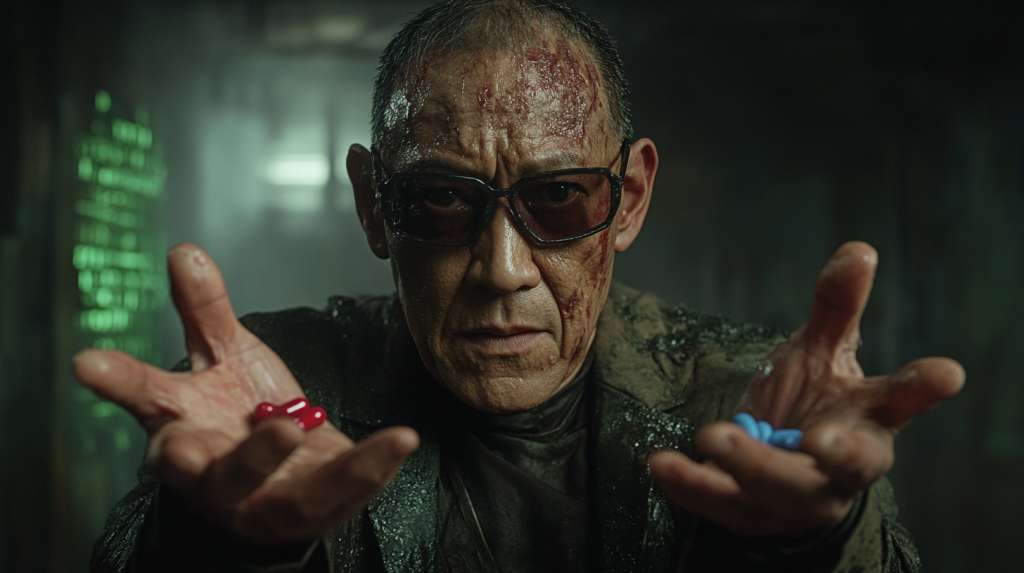
How Did We Figure This Out?
By leveraging the collective intelligence of ChatGPT Deep Research, Google Gemini Deep Research, and Grok 3 DeeperSearch, we conducted a deep dive into hundreds of sources, assessing current technological advancements, timelines, expert predictions, and ethical considerations. Think of it as “Minority Report,” but instead of predicting crimes, we’re predicting which movie futures might soon invade your life (minus Tom Cruise running, sadly).
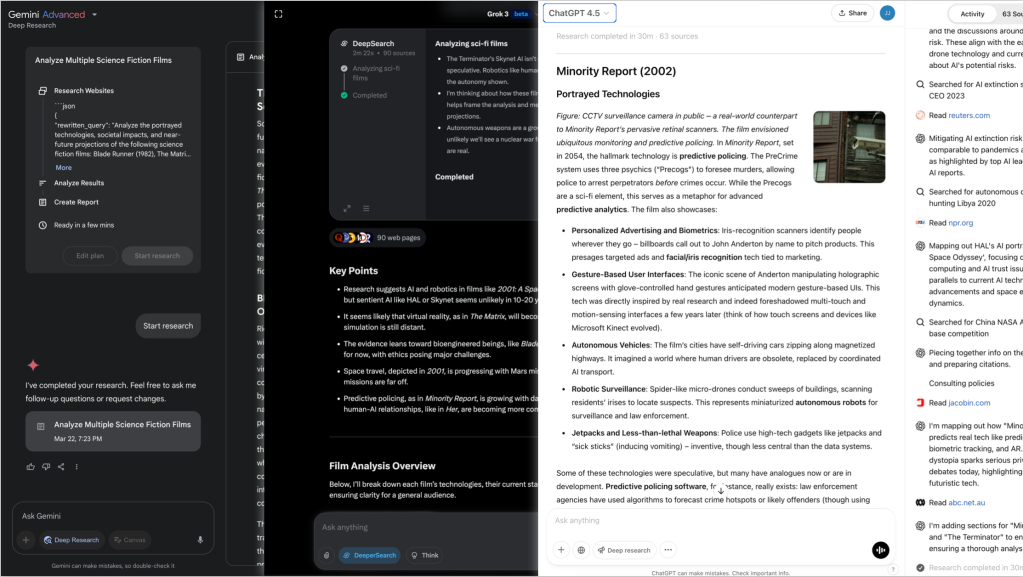
The Bottom Line
Hollywood got some things eerily correct—predictive tech, emotional AI, surveillance overload—while others thankfully remain firmly on the shelf labeled “Weird Future Stuff.” As technology advances at an unprecedented pace, the lines between fact and fiction continue to blur.
Just keep an eye on your Roomba. Better safe than sorry.
Bonus Content For The Geeks: The Deep Dives
For the fellow geeks out there, here are the actual deep research reports, which you can trawl through at your heart’s content:
Google Gemini Deep Research
It took 4-5 minutes to come up with the first report but only completed one movie (2001: A Space Odyssey)…after some coaxing, it took another 6-7mins to complete the rest. As usual the list of sources was comprehensive and the results pretty robust, with the ability to export into Google Docs.
Grok DeeperSearch
Grok 3 was surprisingly good…and I used “DeeperSearch” which uses extended search and more reasoning. This looked up 90 sources of information for the first report and another 69 when I asked it to rank the movies based on how close we were. Overall this took a good 10-15 minutes overall.
ChatGPT Deep Research
In my past experiments, ChatGPT has always come out on top in terms of quality of insights. This time I decided to run Deep Research with the o1 model for deeper thinking…this ended up looking at 63 sources and thinking for a really long time (30mins). The final output was only focused on a couple of the six movies as I suspect it ran into limit restrictions.
So, how close are we to these six movies? Here’s how each model responded:
Here’s how Gemini, ChatGPT and Grok ranked the movies and explained the logic:
In case you’re curious about how the article finally came together, I used the output from all three models to create a custom project in ChatGPT, which was then used to co-create what you see above.
